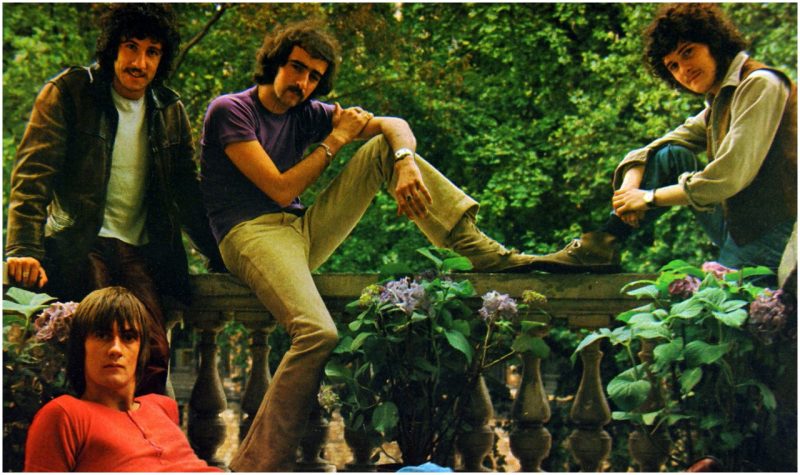Being in one of the world’s greatest bands can change someone’s life in ways they don’t expect. Ask Brit guitarist Jeremy Spencer, who hails from Hartlepool in North East England. In 1971, aged just 22, he decided to leave Fleetwood Mac. He did so abruptly during an eight-week tour and his reasons were not simply down to the usual “creative differences”.
As reported by Rolling Stone at the time, “he had left the Hotel Hawaiian, just blocks away from Hollywood and Vine. It was about 2 pm when he left, bags still unpacked, to go to the grocery store, with some $200 in his pocket.” Other accounts say he went to a bookshop. Mick Fleetwood and the gang may have assumed he would return shortly. Little did they know it, but it was the end of Spencer’s time with Fleetwood Mac.
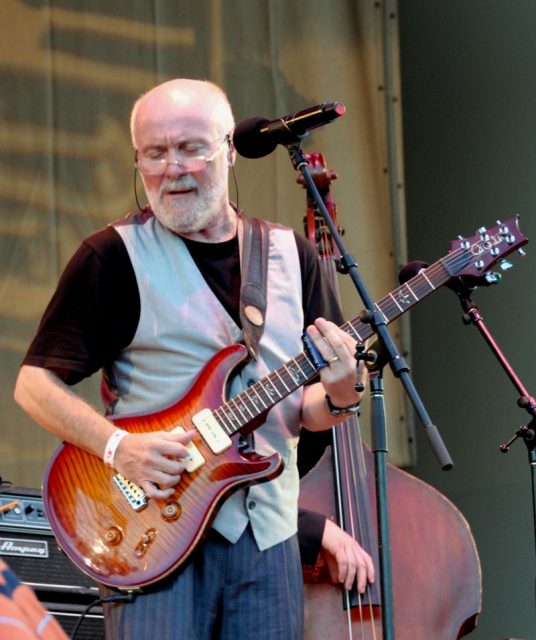
Where did he go? He took some finding, but when manager Clifford Davis tracked him down five days later, his “straggly long hair” was “cut short, his clothes exchanged for rags.” The money had gone also, donated to a controversial religious cult called the Children of God, a group which included many other famous names from the music and cinema worlds. Spencer called the “mission” in downtown LA where he was discovered at “home”, with reference made to “400 or so brethren.”
The Children of God — formerly Teens For Christ and these days The Family International — were formed in 1968, ironically a year after the formation of Fleetwood Mac. David Berg, a pastor in California, was the founder and had an unorthodox approach to the family unit. For the Children of God, personal identity didn’t appear to be an essential part of growing up.
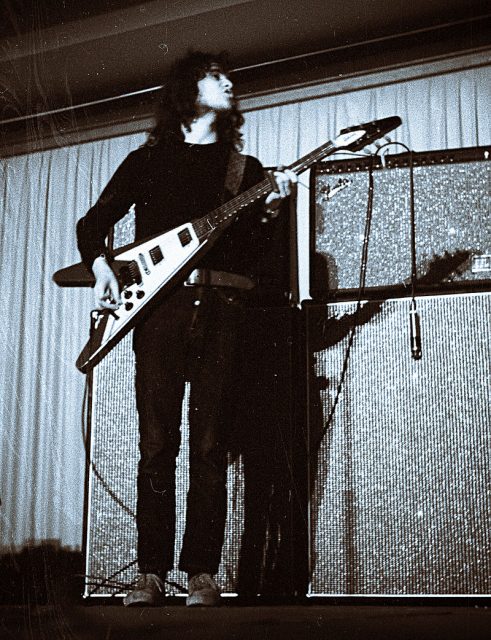
Jeremy temporarily changed his name to Jonathan. A Guardian article focusing on Spencer’s clan from 2005 revealed the Family practice of changing up monikers. It writes, “The idea is that you take on a Biblical name that reflects a particular theme or lesson: if you want to learn how to fish, for example, you might be renamed Peter. Girls whose behavior isn’t coming up to scratch frequently get renamed for Mary Magdalene.”
Spencer’s children were renamed and routinely separated from their parents. They would be sent around the world, to communes in locations as diverse as South America and Siberia. It was a disruptive time. Son Nat revealed to the Guardian that “we’d been living just under the Mayan volcano, which hadn’t erupted for about 100 years, till we came on the scene. So we went to Japan.”
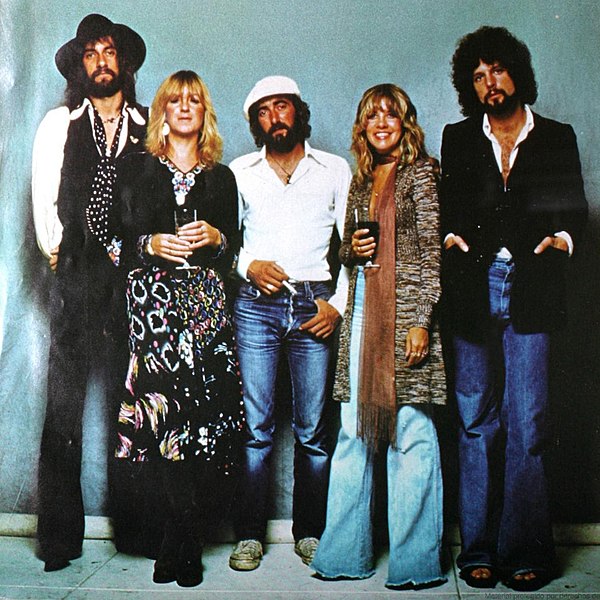
Back in the early Seventies, the Children of God also made headlines for attention-grabbing demonstrations organized by the “Prophets of Doom.” Rolling Stone described their striking appearance, saying they “Dressed in red sackcloth (their sign of mourning)” and were “armed with staves and banners bearing doomsday messages.” Their eerily quiet vigils would be punctuated by the sound of around 50 staves being struck against the pavement.
Related Video: The Forgotten Beatle – Whatever Happened to their Early Drummer Pete Best?
https://youtu.be/JaujG9rFXxA
Spencer’s departure from Fleetwood Mac may have come out of the blue, yet for the man himself, it was a spiritual decision that had been brewing a while. He reportedly disliked the focus that rock had on selfish individualism and was appalled by a recording he heard of his own performance. The combination of substance using and news of a recent LA earthquake apparently unsettled Spencer. Plus as a blues musician, he wasn’t that wild about the direction of musical travel.
In 2014 he was quoted in the Belfast Telegraph, remarking “It’s possible that I could have fitted in with some of their musical direction during their Rumours (the 1977 album) period. I thought they had hit on something good, musically, and although it wasn’t blues, it was a lot more in keeping with my musical taste than the dark, heavy rock road the band was heading in the late ’60s.”
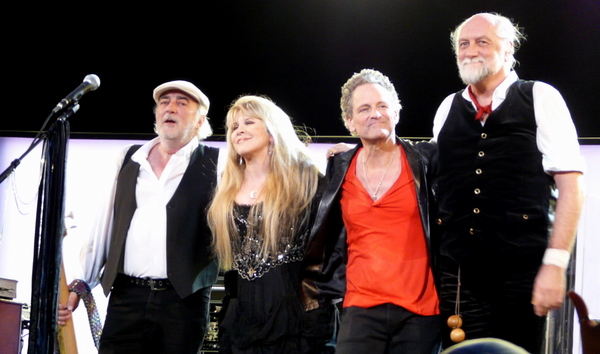
He had been part of Fleetwood Mac since its bluesy beginnings, recruited by Peter Green who himself had left the band the previous year. Like Spencer, Green struggled with substance issues but was brought in to replace his friend following this dramatic exit.
Spencer never left the Family International and has spent the majority of his career touring. He is keen to promote new talent and resumed releasing albums in 2006 after a gap of over 25 years. While he was only in Fleetwood Mac for a relatively brief time, he made a lasting if a questionable contribution to rock history.
